Home>Garden Essentials>How To Eat Moringa Seeds
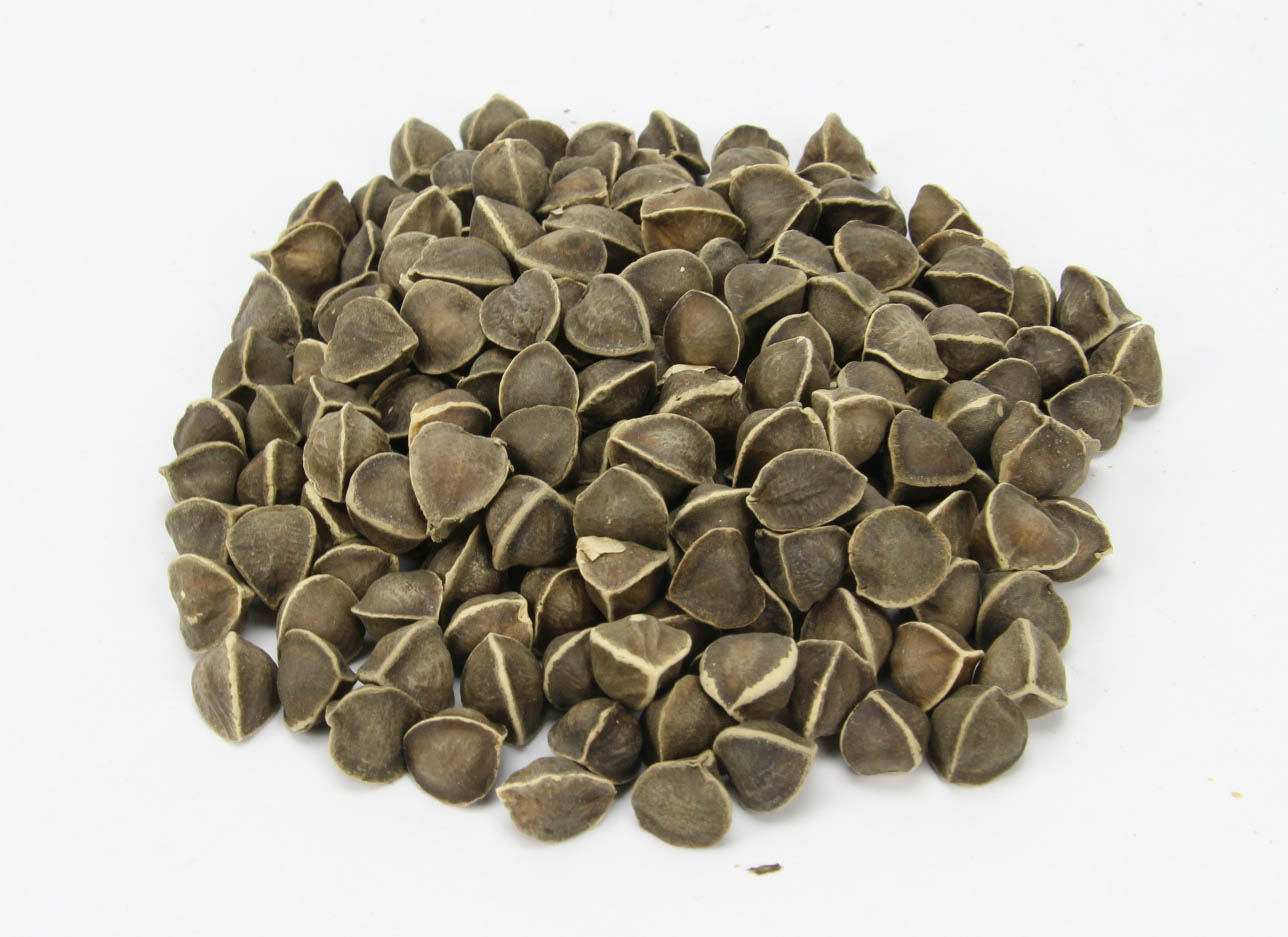

Garden Essentials
How To Eat Moringa Seeds
Modified: March 15, 2024
Discover the essential steps to eat moringa seeds from your own garden. Get tips on preparation, benefits, and incorporate this superfood into your daily diet.
(Many of the links in this article redirect to a specific reviewed product. Your purchase of these products through affiliate links helps to generate commission for Storables.com, at no extra cost. Learn more)
Introduction
Welcome to the world of Moringa seeds – a nutrient-rich powerhouse that is gaining popularity among health enthusiasts and gardeners alike. Moringa oleifera, also known as the “Miracle Tree,” is revered for its exceptional health benefits and versatility.
In recent years, Moringa seeds have gained significant attention for their nutritional value and medicinal properties. These small yet mighty seeds are packed with vitamins, minerals, antioxidants, and essential amino acids. Incorporating Moringa seeds into your diet can provide a wide range of health benefits, including boosting immunity, promoting cardiovascular health, improving digestion, and aiding in weight management.
Not only are Moringa seeds highly nutritious, but they are also incredibly easy to grow and incorporate into your everyday meals. Whether you’re a seasoned gardener or someone with limited space, growing Moringa trees and harvesting the seeds can be an enjoyable and rewarding experience.
So, if you’re curious about how to include Moringa seeds in your diet or interested in learning more about their benefits and preparation methods, you’re in the right place. In this article, we will explore everything you need to know about Moringa seeds and how you can make the most of their incredible qualities.
Key Takeaways:
- Moringa seeds are packed with nutrients and offer numerous health benefits, from boosting immunity to supporting heart health and aiding in weight management. They can be easily incorporated into your diet in various delicious ways.
- Before adding Moringa seeds to your diet, ensure proper preparation to maximize their benefits and be cautious of potential allergies, medication interactions, and digestive issues. Consult a healthcare professional if needed.
Read more: How To Consume Moringa Seeds
Benefits of Moringa Seeds
Moringa seeds are true nutritional powerhouses, offering a wide array of health benefits. Let’s dive into some of the key advantages of incorporating these seeds into your diet:
- Rich in Nutrients: Moringa seeds are packed with essential nutrients, including vitamin C, vitamin A, calcium, potassium, iron, and protein. They provide a convenient way to supplement your diet with these vital micronutrients.
- Boosts Immunity: Thanks to their high vitamin C content, Moringa seeds can strengthen your immune system and ward off illnesses and infections.
- Promotes Digestive Health: Moringa seeds are rich in dietary fiber, which helps promote healthy digestion, prevent constipation, and improve gut health.
- Supports Cardiovascular Health: The antioxidants present in Moringa seeds, such as quercetin and chlorogenic acid, are known to reduce inflammation and promote heart health.
- Aids in Weight Management: Moringa seeds can assist in weight loss due to their high fiber content and ability to promote feelings of fullness, reducing overeating and snacking.
- Provides Anti-inflammatory Properties: The anti-inflammatory compounds found in Moringa seeds can help reduce inflammation in the body and alleviate symptoms of conditions like arthritis.
- Supports Brain Health: The presence of antioxidants and essential nutrients in Moringa seeds can help improve cognitive function, memory, and focus.
These are just a few of the many benefits that Moringa seeds provide. By regularly consuming these nutrient-dense seeds, you can optimize your overall health and well-being.
Preparing Moringa Seeds for Consumption
Before incorporating Moringa seeds into your diet, it’s important to properly prepare them to maximize their nutritional benefits and ensure they are safe for consumption. Here’s a step-by-step guide on how to prepare Moringa seeds:
- Harvesting: If you have access to fresh Moringa seeds from your own tree, it’s best to harvest them when they are fully mature and have reached a brownish color. You can collect the pods from the tree and allow them to dry for a couple of weeks until they become brittle and easy to open.
- Pod Removal: Once the pods have dried, gently break them open to reveal the Moringa seeds inside. Remove the seeds from the pods and discard any damaged or discolored ones.
- Seed Cleaning: Give the seeds a good rinse under clean water to remove any dirt, debris, or traces of the pods.
- Drying: After cleaning, spread the seeds out on a clean towel or tray and let them dry completely in a well-ventilated area. This step is important to prevent spoilage.
- Seed Storage: Once the seeds are dry, transfer them to an airtight container and store them in a cool, dark place. Properly stored Moringa seeds can remain fresh for up to a year.
Now that your Moringa seeds are ready, you can incorporate them into your meals in a variety of ways.
To eat moringa seeds, first remove the outer shell. Then, you can eat the inner seed raw, or roast them for a nutty flavor. Be mindful of portion size, as they are high in nutrients.
Ways to Include Moringa Seeds in Your Diet
Now that you have prepared your Moringa seeds, it’s time to explore the different ways to incorporate them into your daily diet. Here are some simple and delicious ideas:
- Snack on Them: Moringa seeds make for a nutritious and satisfying snack. Simply roast them in a pan with a pinch of salt and your favorite spices for a crunchy and flavorful treat.
- Add to Smoothies: Boost the nutritional value of your smoothies by adding a handful of Moringa seeds. They blend well with other ingredients and provide an extra dose of vitamins and minerals.
- Grind into Powder: Turn your Moringa seeds into a fine powder by grinding them in a blender or coffee grinder. This powder can be used as a nutritious supplement to sprinkle on salads, soups, or stir-fries.
- Bake into Goods: Incorporate Moringa seeds into your baked goods, such as muffins, bread, or cookies. The mild nutty flavor of the seeds adds a unique twist to your favorite recipes.
- Add to Salads: Sprinkle roasted Moringa seeds on top of your salads for a crunchy texture and added nutritional value. They pair well with leafy greens, vegetables, and dressings.
- Mix with Trail Mix: Combine Moringa seeds with other nuts, dried fruits, and seeds to create a delicious and nutritious trail mix. It makes for a convenient on-the-go snack.
- Create Energy Bars: Blend Moringa seeds with dates, nuts, and coconut to make homemade energy bars. These bars are a great source of sustainable energy and are perfect for a quick pick-me-up.
Feel free to get creative and experiment with different recipes and combinations. Moringa seeds can be a versatile addition to a variety of dishes, allowing you to reap their benefits while enjoying delicious meals.
Cautions and Potential Side Effects of Moringa Seeds
While Moringa seeds offer numerous health benefits, it’s important to be aware of potential cautions and side effects associated with their consumption. Here are a few considerations:
- Allergic Reactions: Some individuals may experience allergic reactions to Moringa seeds. If you have a known allergy to nuts or plants in the Moringaceae family, it is advisable to avoid consuming Moringa seeds.
- Pregnancy and Breastfeeding: Pregnant or breastfeeding women should consult with their healthcare provider before incorporating Moringa seeds into their diet. Limited research exists on the safety of Moringa seed consumption during these stages.
- Interaction with Medications: Moringa seeds may interact with certain medications, including blood thinners and medications that lower blood sugar levels. If you are on medication, consult your healthcare provider before adding Moringa seeds to your diet.
- Diarrhea and Upset Stomach: In some cases, consuming Moringa seeds in excess or without proper preparation may lead to digestive issues such as diarrhea or upset stomach. It’s important to consume them in moderation and ensure they are properly cleaned and dried before consumption.
As with any new dietary addition, it’s always advisable to start with small quantities to assess your body’s reaction and tolerance. If you experience any adverse effects, discontinue use and consult with a healthcare professional.
It’s also worth mentioning that Moringa seeds should not be used as a replacement for a balanced and varied diet. They should be part of a wholesome eating plan that includes a wide range of nutritious foods.
Read more: How To Grow Moringa Seeds
Conclusion
Moringa seeds are truly a nutritional powerhouse, offering a wide range of health benefits and versatility in the kitchen. From boosting immunity to supporting cardiovascular health and aiding in weight management, these tiny seeds pack a big punch when it comes to nutrition.
By following the proper harvesting and preparation methods, you can safely incorporate Moringa seeds into your diet. From snacking on roasted seeds to adding them to smoothies, salads, and baked goods, there are numerous creative ways to enjoy the nutritional benefits of Moringa seeds.
However, it’s important to be cautious and aware of any potential allergies, medication interactions, or digestive issues that may arise from consuming Moringa seeds. As with any dietary change, it’s best to consult with a healthcare professional if you have any concerns or pre-existing conditions.
In conclusion, incorporating Moringa seeds into your diet is an excellent way to boost your overall health and well-being. With their impressive nutrient profile and delicious taste, these seeds can add an extra layer of nutrition and flavor to your meals. So, why not embark on a journey to discover the wonders of Moringa seeds and reap their exceptional benefits?
Start growing your own Moringa tree, harvest the seeds, and let the culinary adventure begin!
Frequently Asked Questions about How To Eat Moringa Seeds
Was this page helpful?
At Storables.com, we guarantee accurate and reliable information. Our content, validated by Expert Board Contributors, is crafted following stringent Editorial Policies. We're committed to providing you with well-researched, expert-backed insights for all your informational needs.
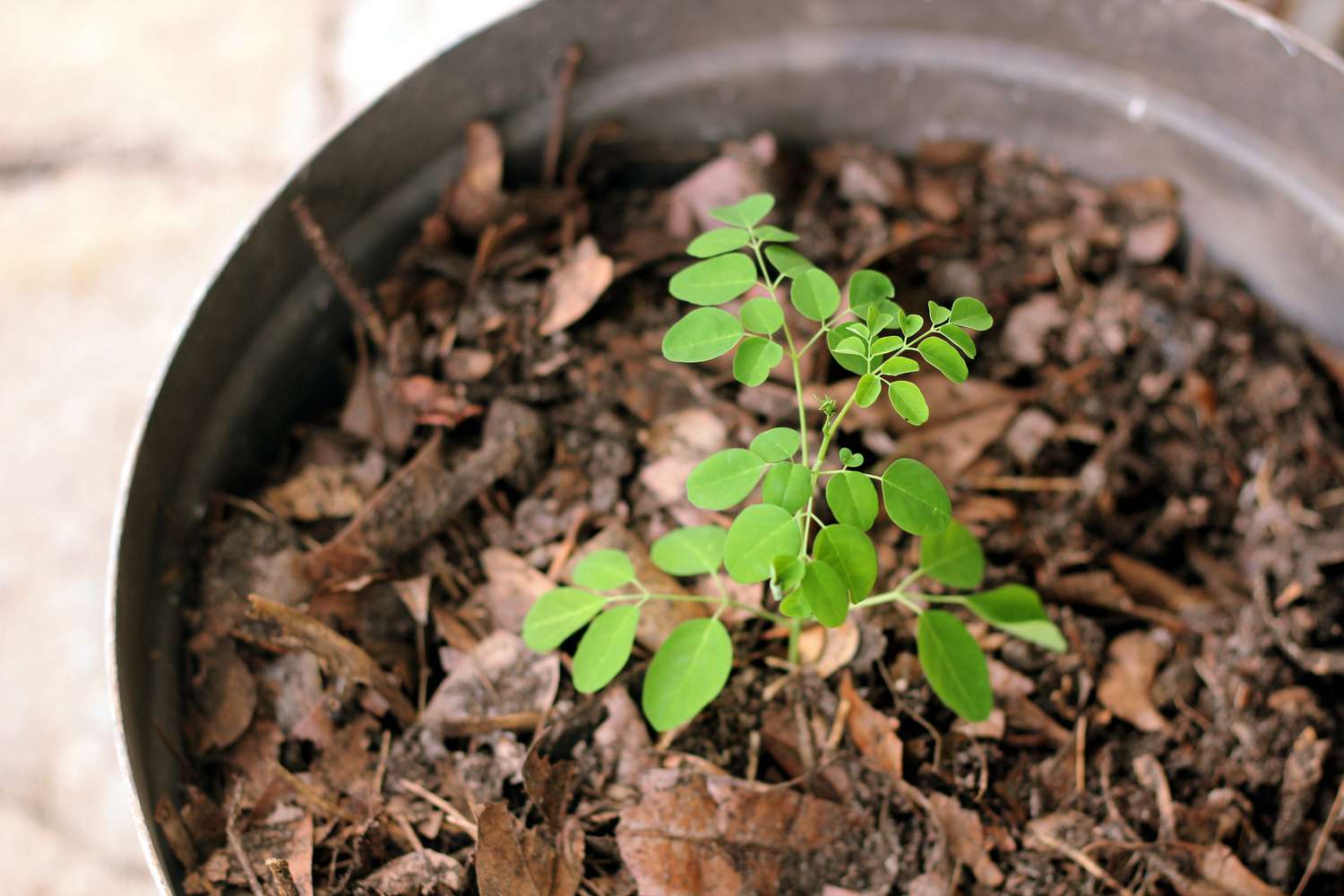
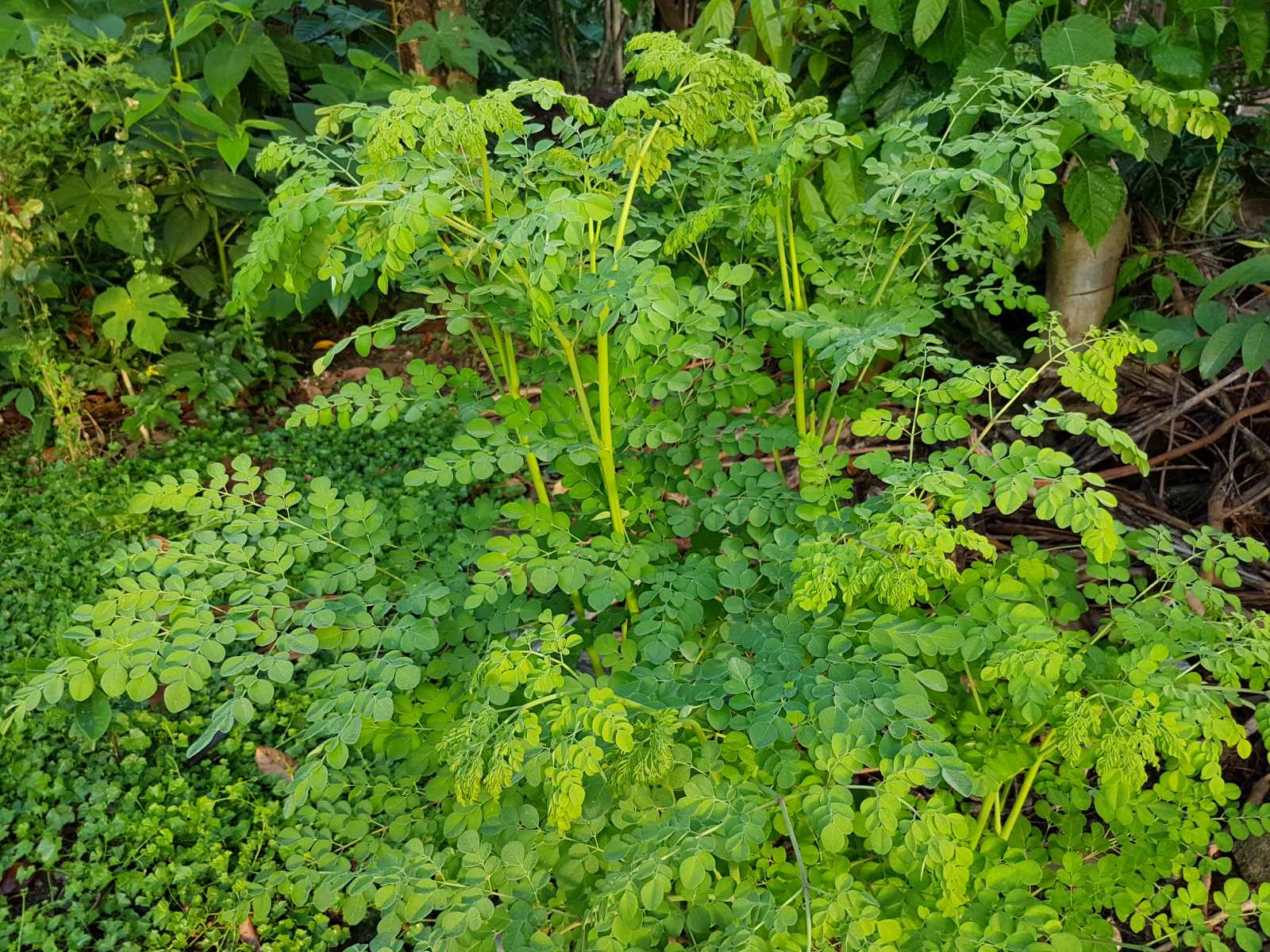
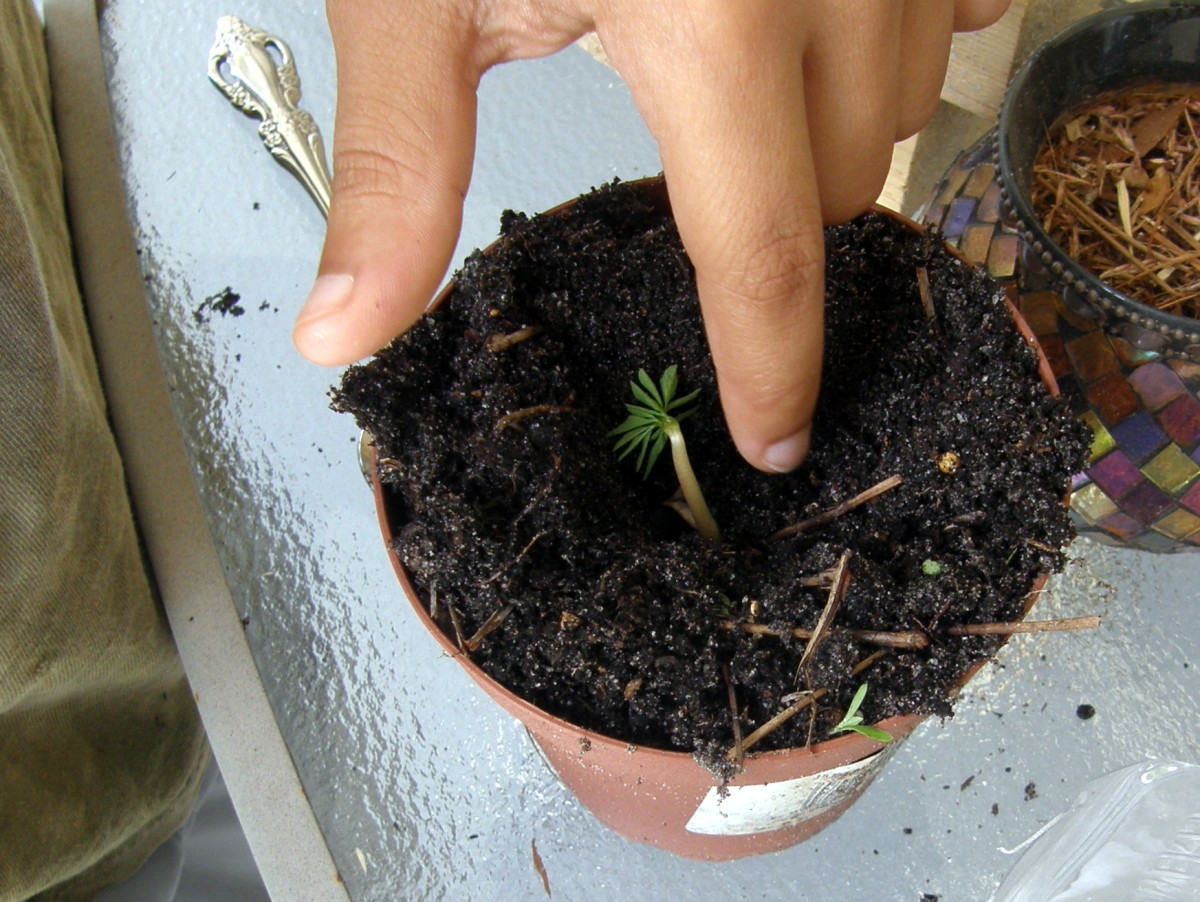
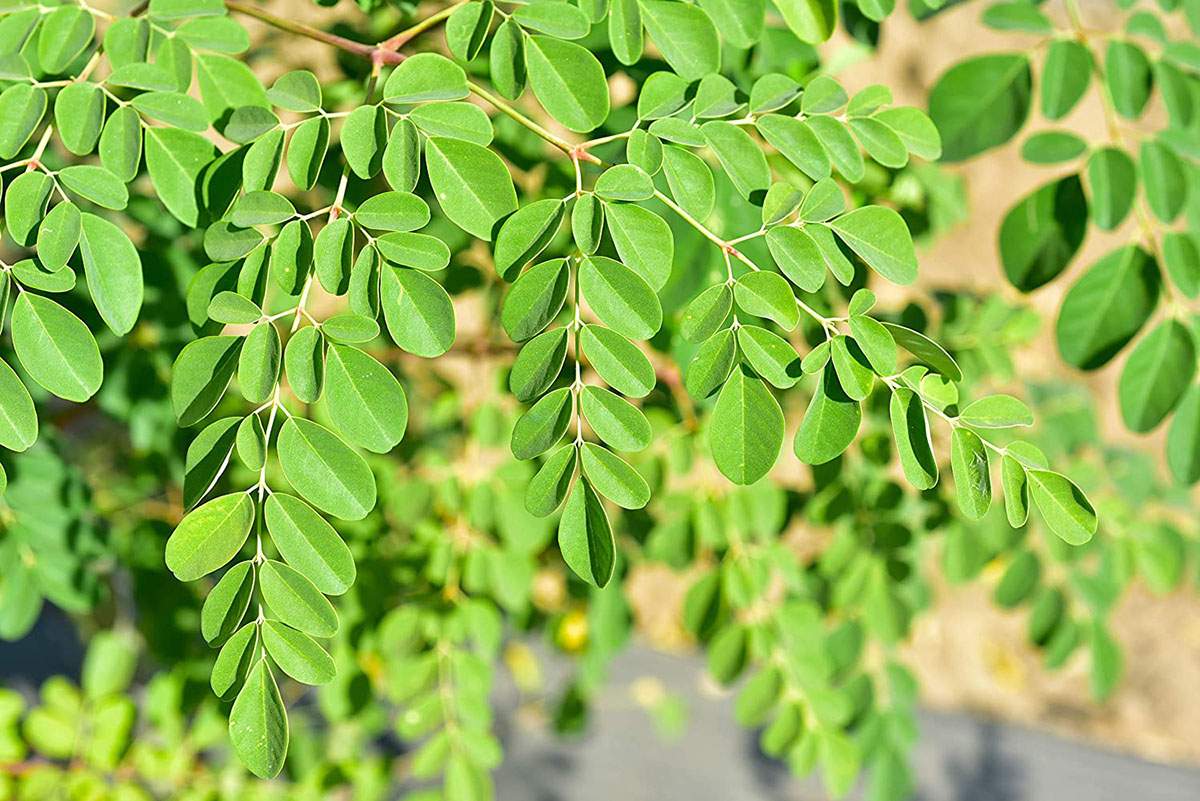
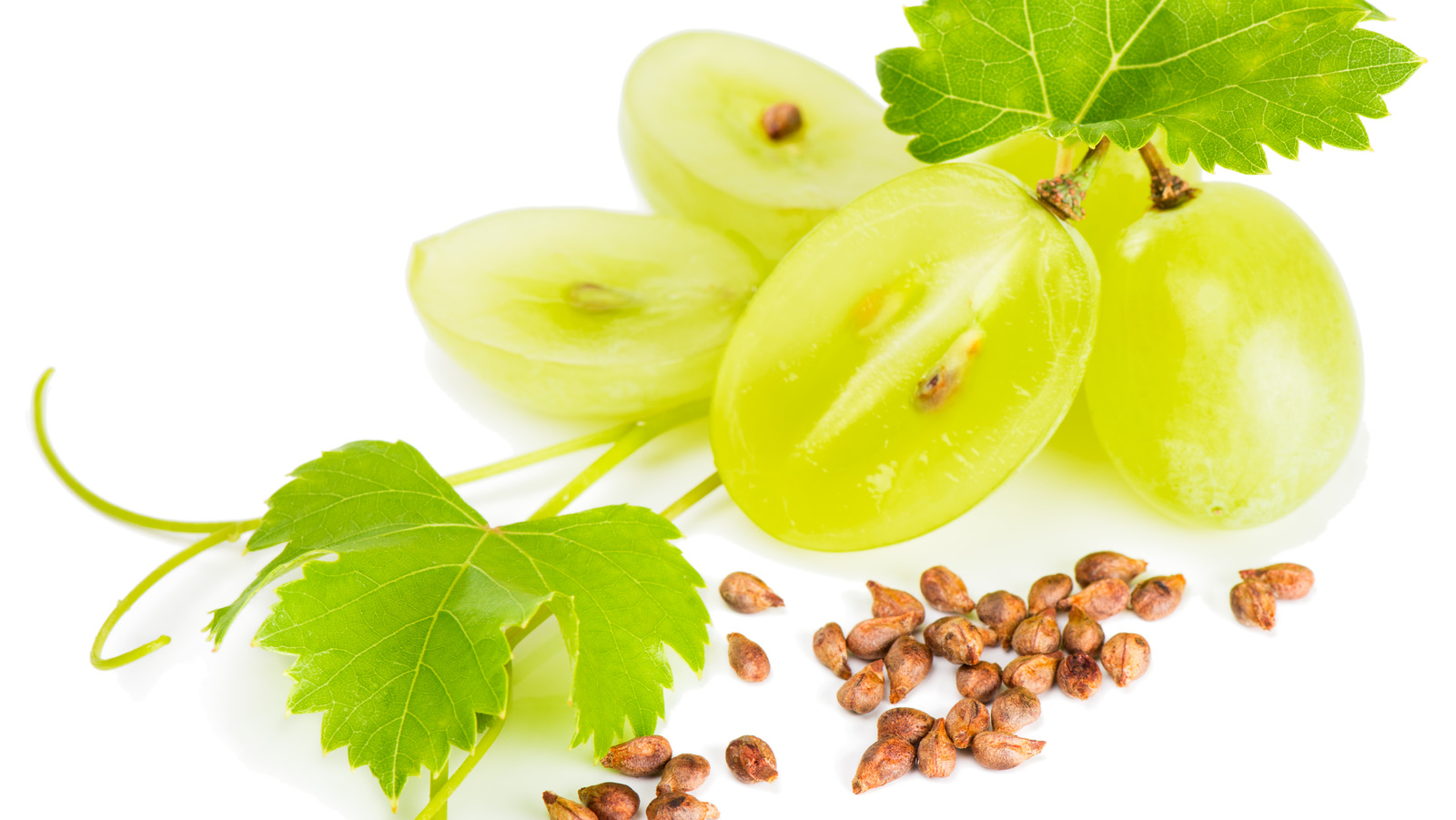
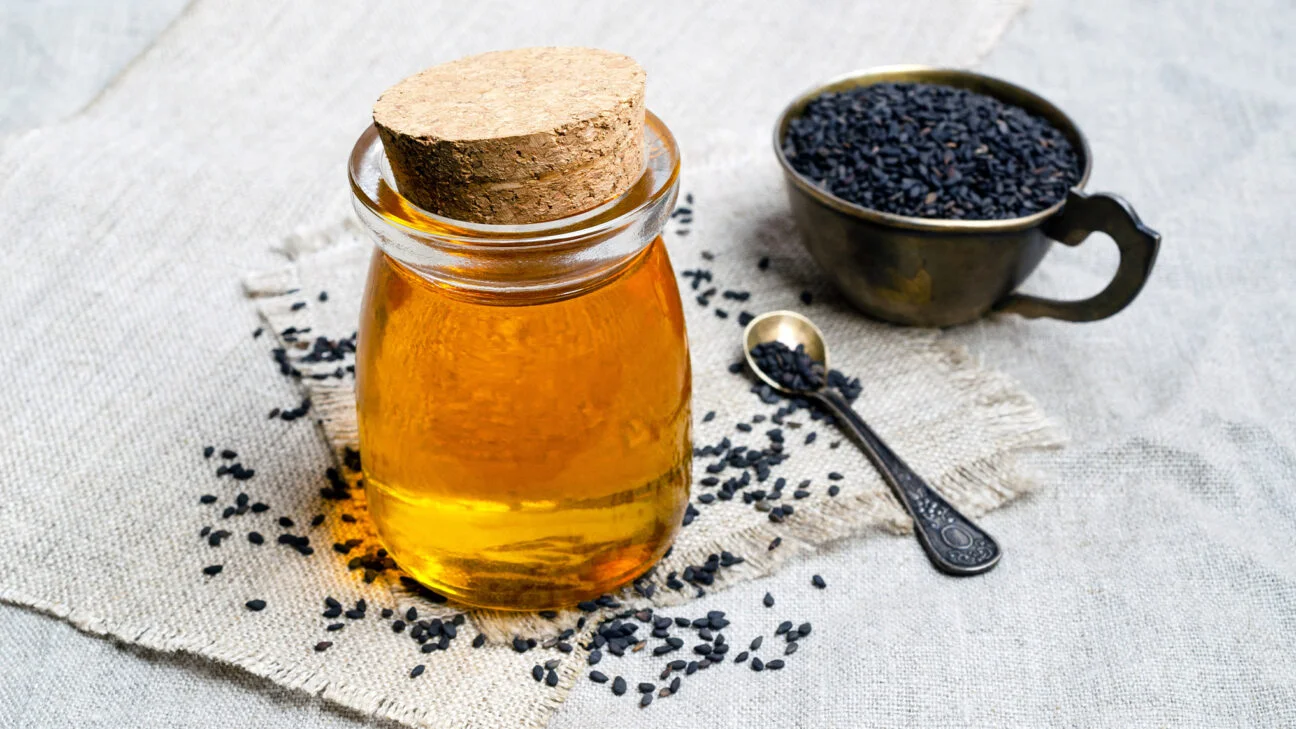
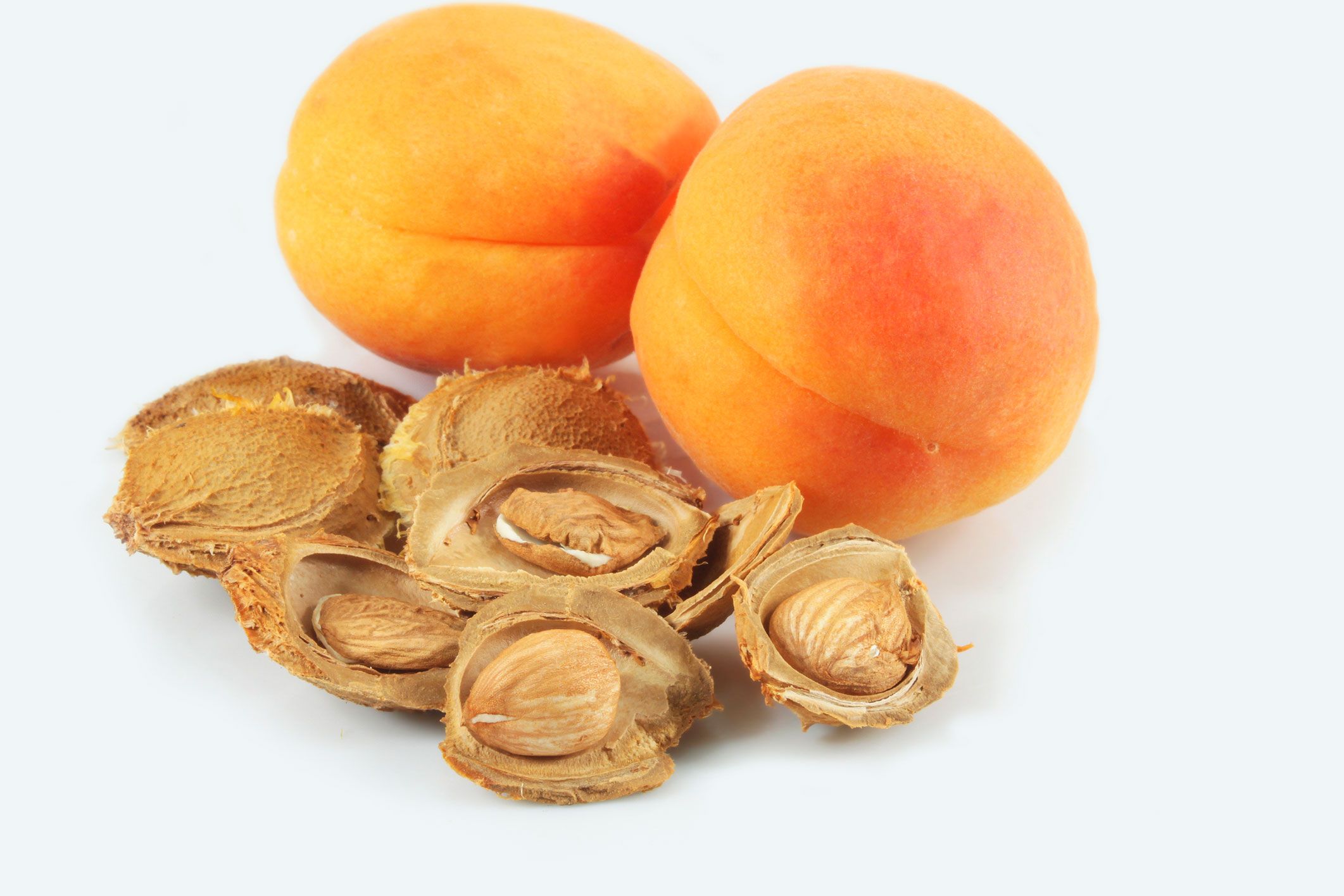
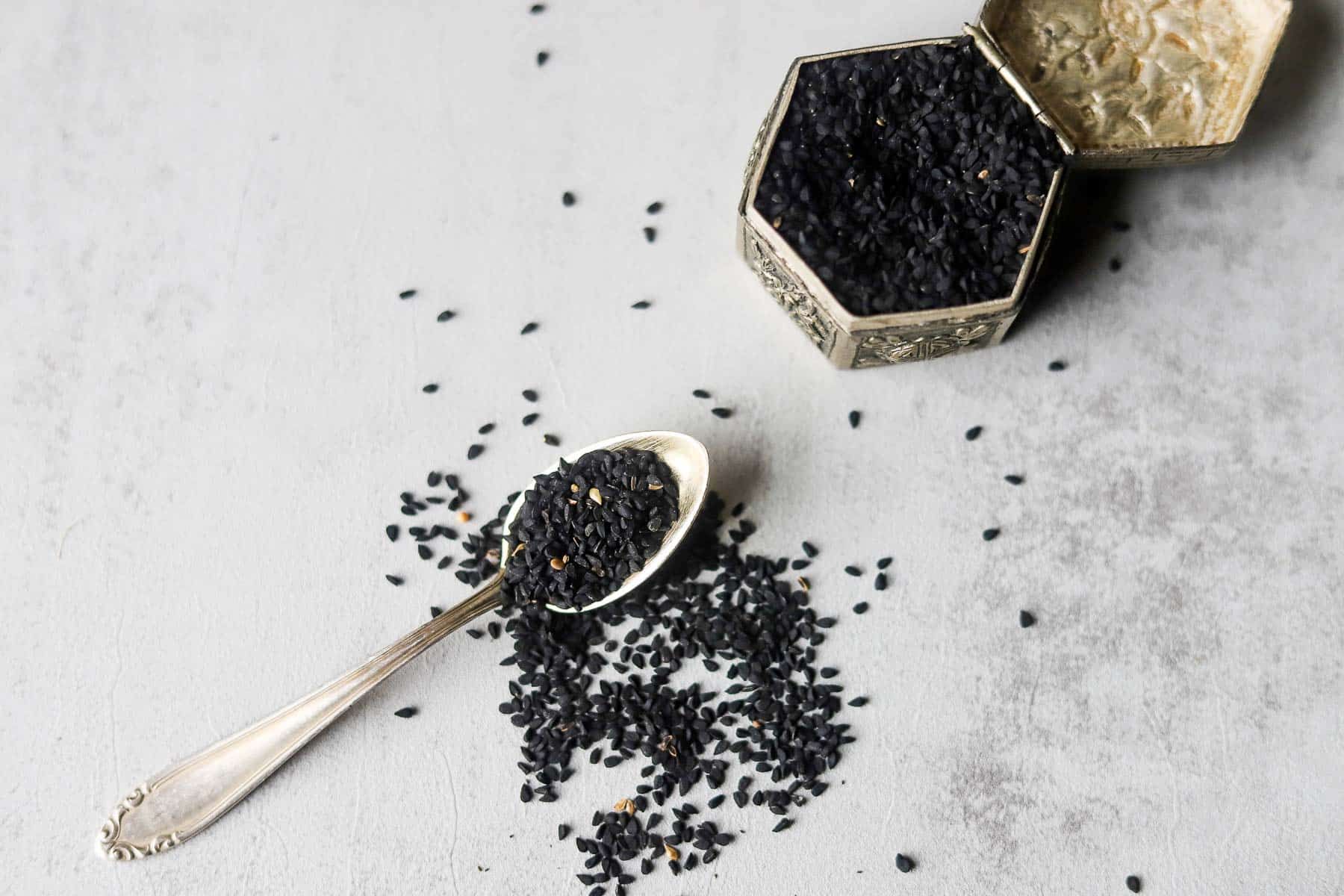
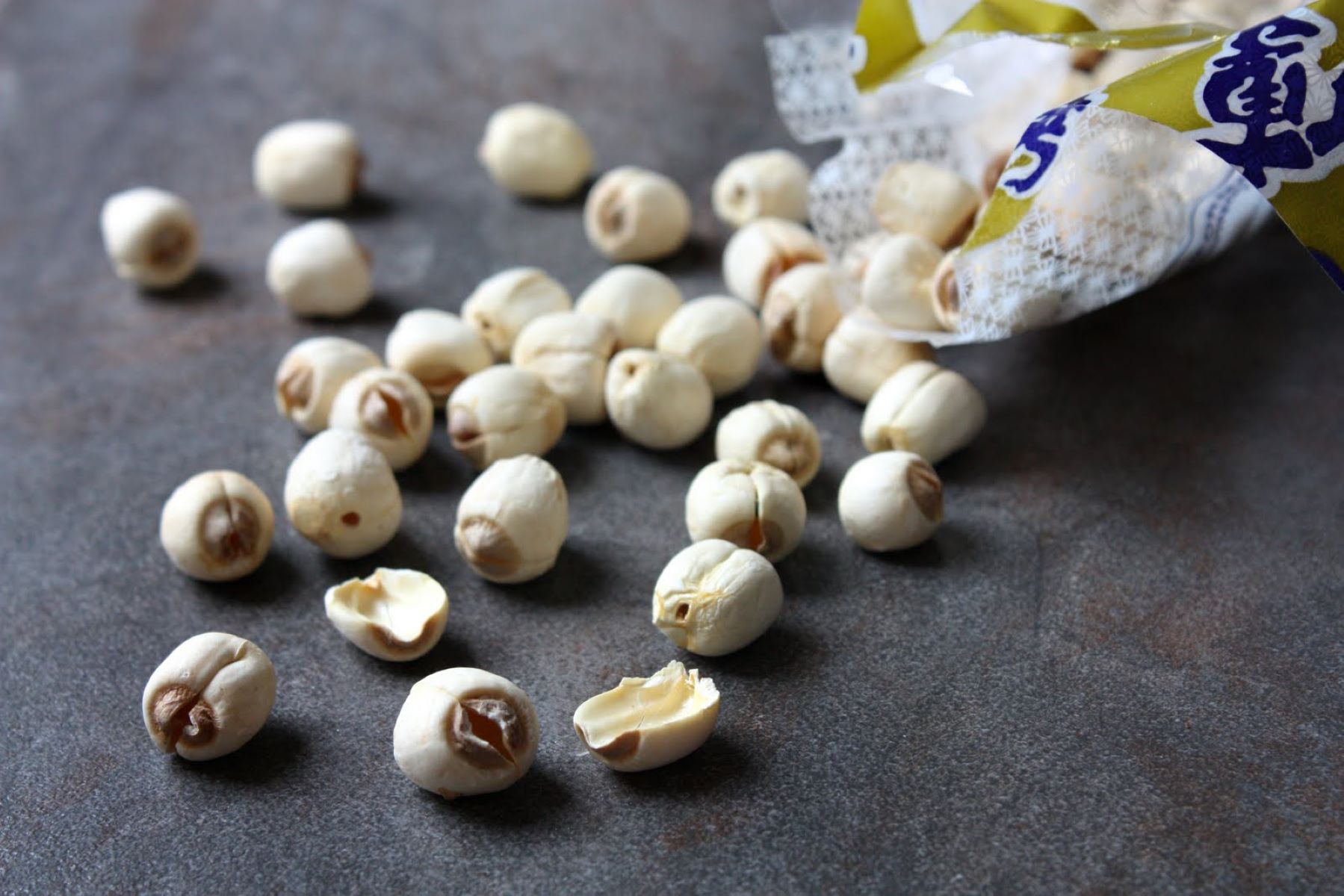
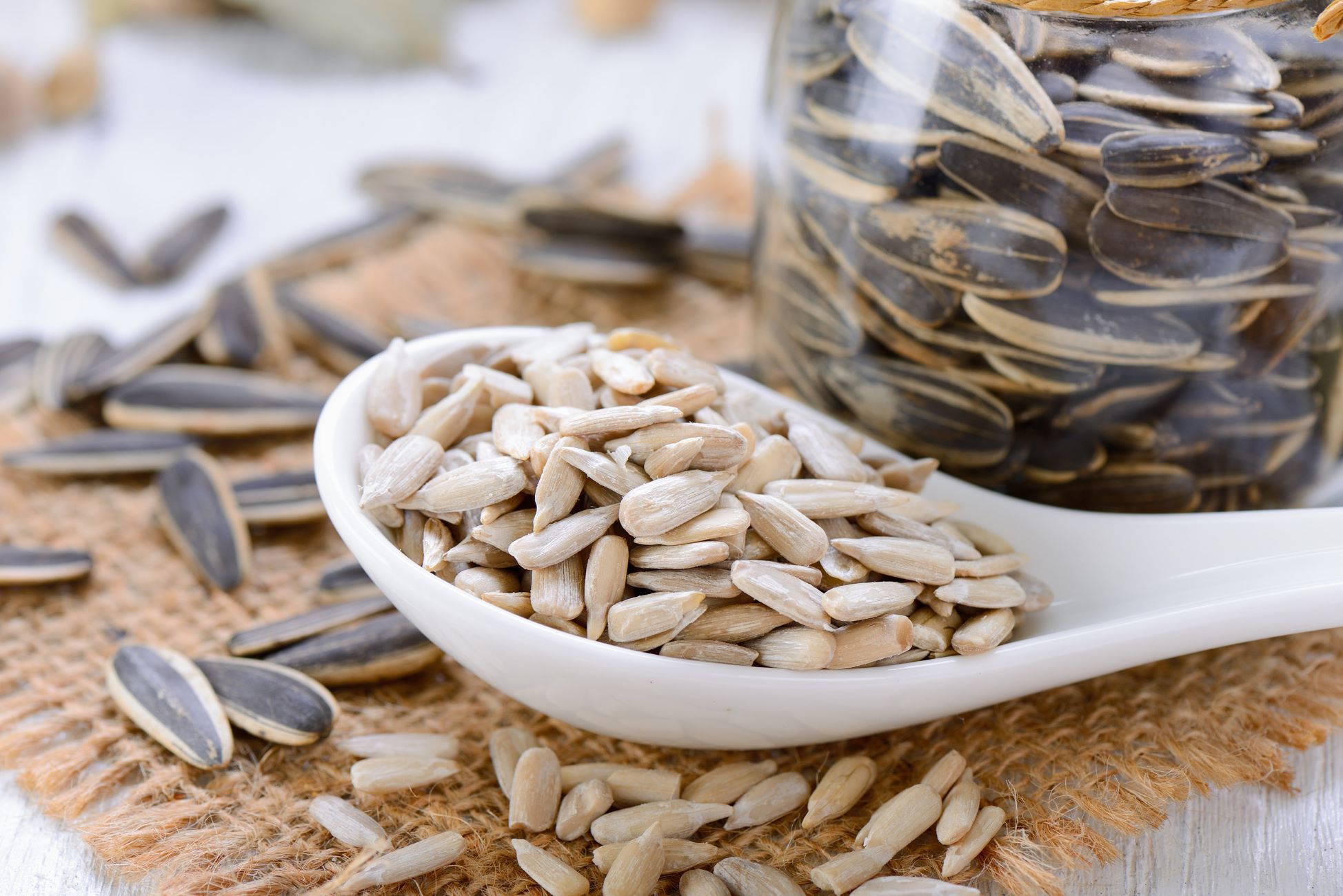
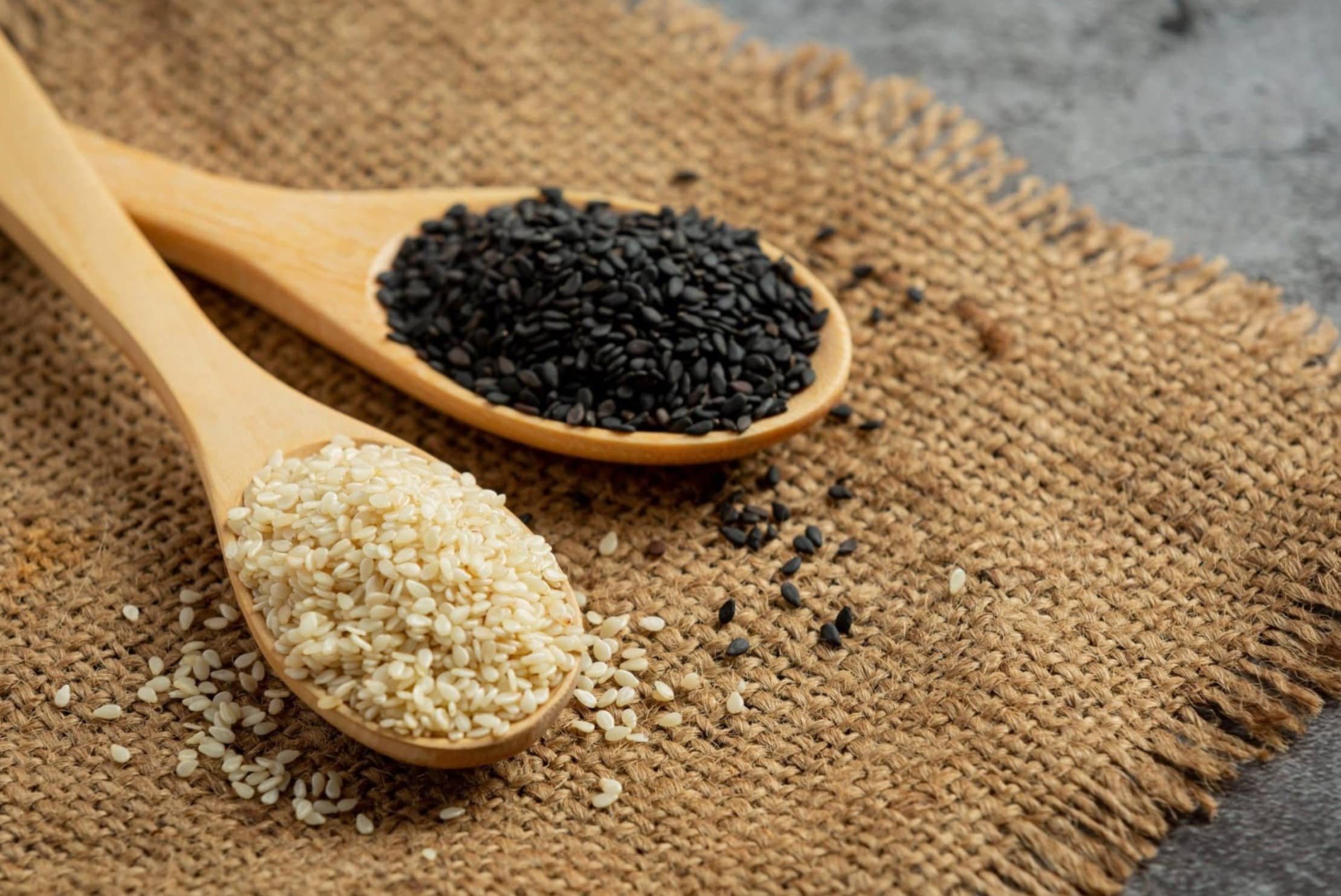
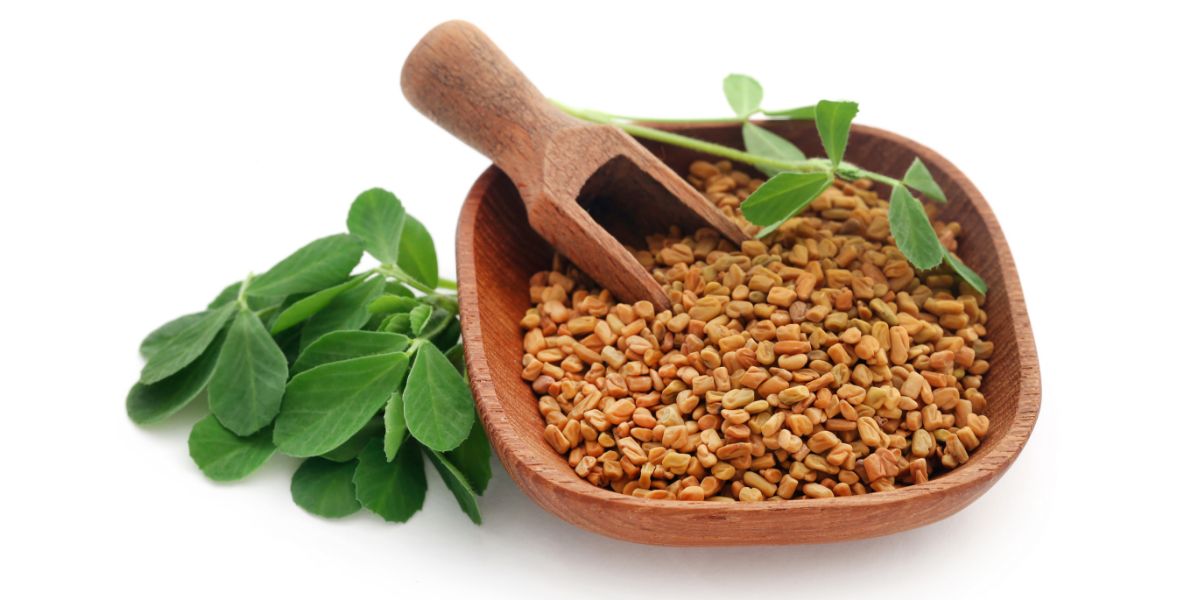
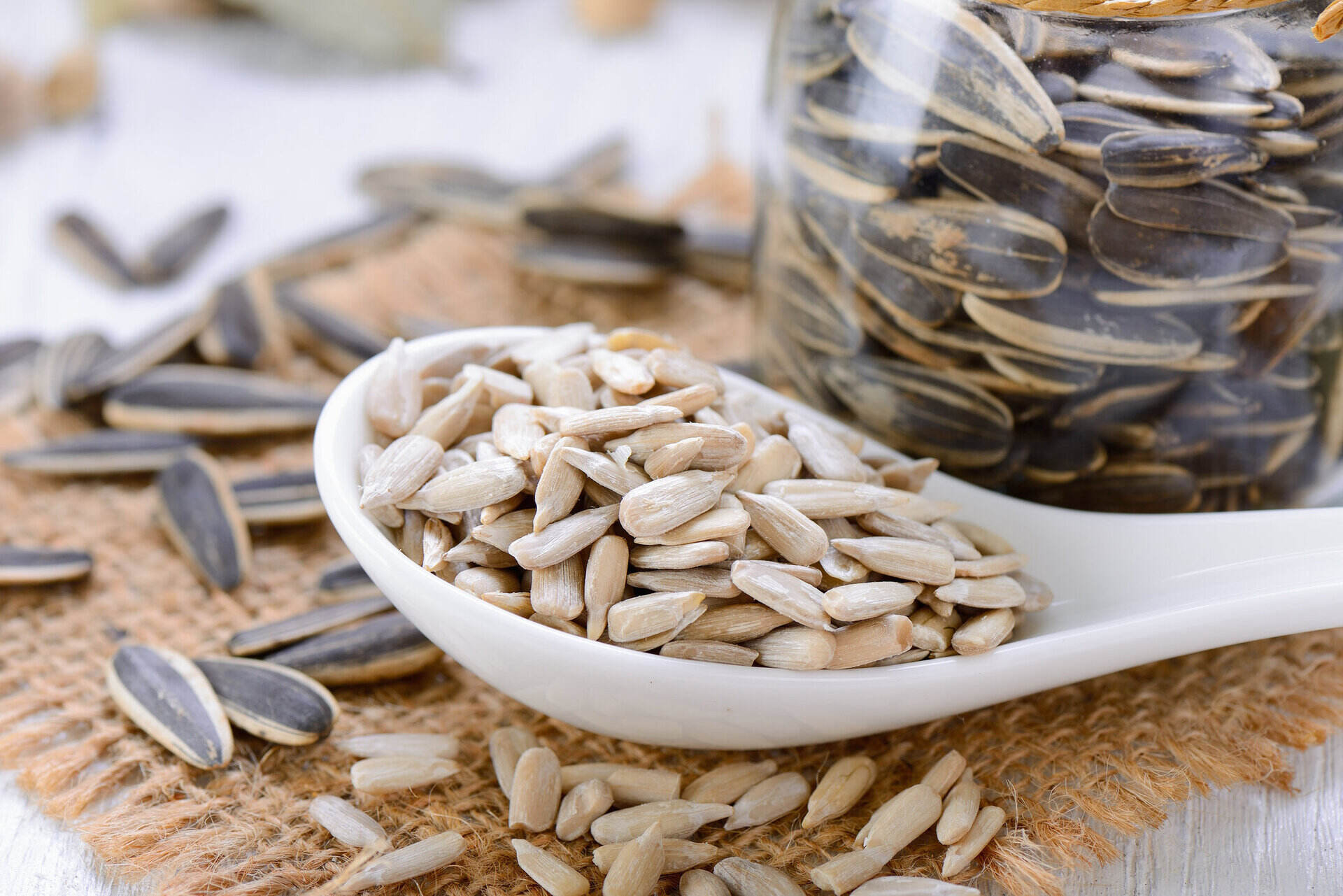
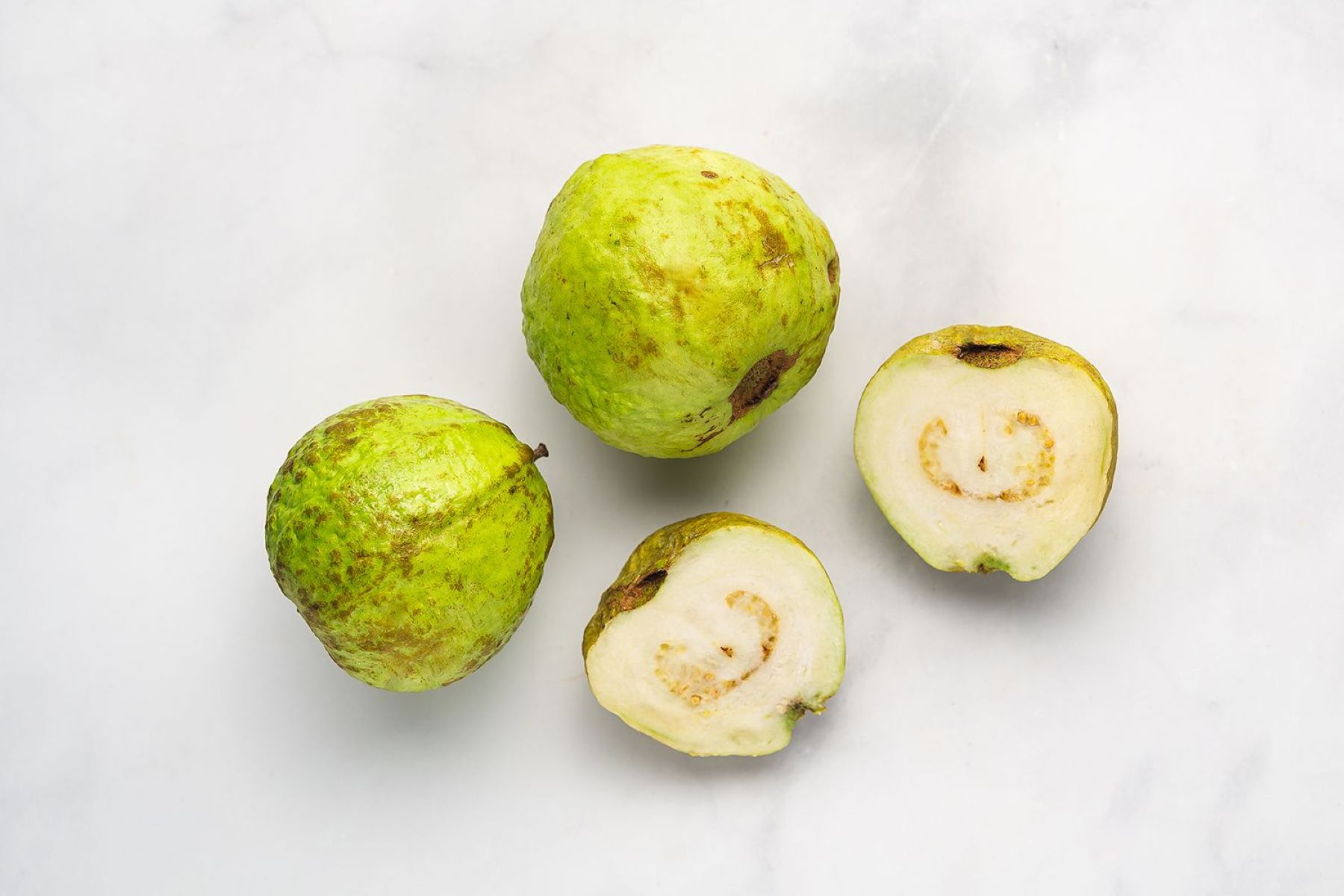

0 thoughts on “How To Eat Moringa Seeds”